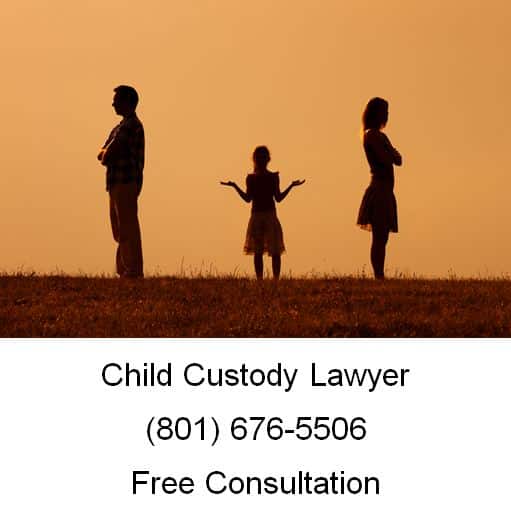A child’s preference for living with a parent can affect child custody decisions in many states, including Utah. However, while most judges will consider a stated preference, they are still obligated to rule in a way that protects a child’s best interest. This means that a child’s preference is not the only factor the court will look at – there are about 25 factors. This is just 1.
Judges have a great deal of leeway when they make custody decisions. Among the factors they may consider are:
- Custody preferences of each parent
- Child’s custody preference, but only if they are old enough to fully comprehend the implications of their choice
- State of a parent and/or child’s physical and emotional health
- Perceived stability and resources offered by each parent
- Potential impact on home and social life, including school and community participation
- Whether or not parents desire to help sustain a relationship with the other parent
- History of domestic violence, if applicable
Although all of these issues are generally considered, the safety of the child is of primary importance in a custody decision.
What’s more, while the desire of the child is always taken into account, the older a child is the greater consideration a preference is given. If a child is 13 years of age or older, their preference is given greater weight since they are considered to be more independent and less likely to be manipulated in their choice. Additionally, siblings are typically kept together, although a judge may separate them if he or she believes it to be in a child’s best interest.
In most cases, children are not compelled to testify in court about their desires to live with a particular parent. Sometimes a law guardian is appointed to interview the child and identify his or her needs and desires, or an “in camera” interview is conducted which records the interview that is later transcribed.
Special Factors Influence Child Support Amounts
In Utah, there are certain formulas that judges use to calculate how much child support is owed by one parent to another after a divorce. If you feel as though your case may be an exception to the rule, you have the ability to inform the judge of special circumstances.
Examples of situations where child support may need to be more than what the guidelines suggest may include the following:
-
You have a child with special needs.
If a child is disabled or has special needs that require additional care or medical treatment, state-recommended child support amounts may not be enough to provide proper care for your child. Increased support may also be needed to maintain a child’s particular passion for an interest such as a musical instrument or membership in a sport’s team.
-
Your spouse earns considerably more than you do.
If you have primary custody of your children, but your child’s other parent makes a significant amount more than you do, a judge may require the noncustodial parent to pay more than the state’s recommendation. This can also apply if the child’s noncustodial parent has a substantial amount of assets, or if their job provides special compensation measures such as company-provided cars or housing.
Conversely, situations exist where a parent may be required to pay less than what is typically required, including:
-
A noncustodial parent does not have adequate funds.
Sometimes a parent has experienced a change in their income level and is no longer able to pay the same amount of child support. In this case, a judge may reexamine the total child support required and lower it to a manageable amount.
-
The state’s guideline requires an excess of the child’s situation.
If a noncustodial parent earns a salary that is greatly above the average person’s income, the state-guided formulas may require a payment of more than what is needed. In this case, the court may lower child support payments to a reasonable amount for the parents’ and child’s circumstances.
Free Consultation with Child Custody Lawyer
If you have a question about child custody question or if you need to collect back child support, please call Ascent Law at (801) 676-5506. We will aggressively fight for you.
8833 S. Redwood Road, Suite C
West Jordan, Utah
84088 United States
Telephone: (801) 676-5506
Recent Posts
Paying the Debts of a Deceased Relative
Adoption Taxpayer Identification Number
Documents to Bring to Divorce Lawyer
Tips for Surviving Divorce Settlement Talks
Get Your Employees CPR and First Aid Certified
From https://www.ascentlawfirm.com/how-a-childs-preference-affects-custody/


No comments:
Post a Comment